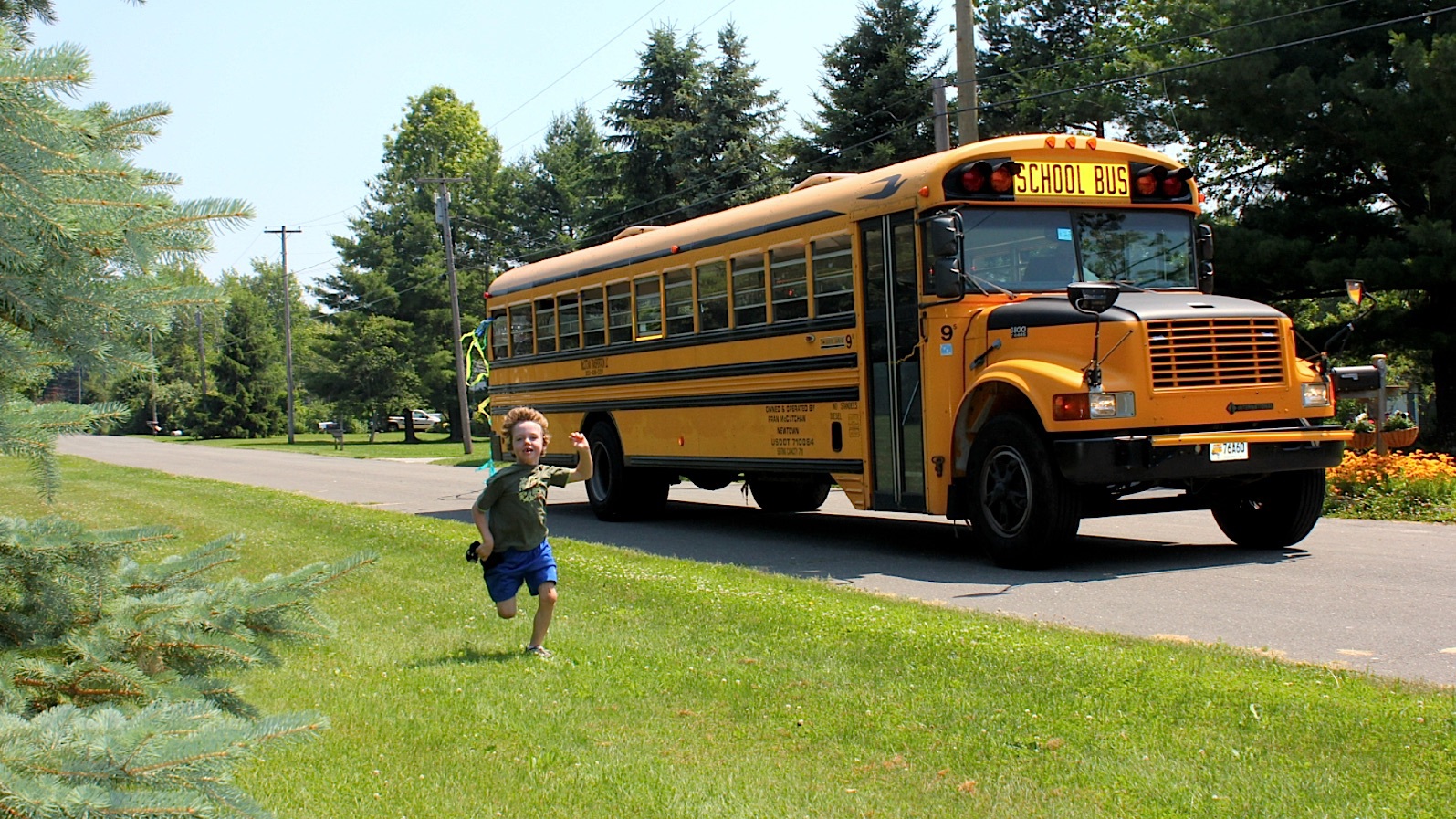
MPAA Rating: NR | Rating: ★★★★
Release year: 2016
Genre: Documentary Director: Kim Snyder
In 2012, I wrote this on my personal blog in the wake of the Sandy Hook tragedy:
I have to believe, in the midst of the chaos and pain and suffering and desolation that this world so often dishes out to the unsuspecting and innocent, that there is hope.
Real hope. Not the empty shells of Facebook-status “everything will be just fine” hope. Not the politically-charged-demand-for-new-legislation hope. Not the Internet meme hope. Not even the Christian-jargon-laden-pat-answer-about-tragedy hope.
The God-entered-our-world-and-offers-us-uncondional-love-and-eternal-life-through-His-death-and-resurrection hope.
Kim Snyder’s documentary Newtown is a haunting examination of a small community which continues to live in the wake of such an awful experience. The interviews with parents of the deceased children are mesmerizing and devastating; Snyder films many of the interviews with people looking directly into the camera, facing the audience as they share their burden. I felt that burden; this is a weighty film, and one should be able to empathize with the Newtown community, even if we’ve never faced such horrors. Snyder’s camera doesn’t feel exploitative or didactic; it simply shows the faces and lives of people who have experienced the absolute worst and continue to endure daily life. It’s necessary viewing, but as a parent of young children, it’s not something I think I could handle again.
I was drawn to the ordinariness of it all. This was a small, quiet town, almost idyllic in setting. Neighbors were friends with one another. People know each other’s names in the grocery store. It’s the sort of place where local parades still flourish and have great attendance. This setting feels the most unlikely for such violence, where children are gunned down in their own classrooms. It’s a reminder of the presence of sin and evil in our world, the internal darkness that persists in human hearts and perpetuates destructive acts with grievous consequences. Still, the community of Newtown continues to look and feel ordinary–the documentary captures the significance of the mundane. Parents share about the personality traits and passions of their children, how one boy was rambunctious, how another’s autism affected his friendships. The parents of survivors share their guilt and grief, that terrible “what if?” question that lingers. It’s all so routine and unremarkable, yet so sorrowful at the same time.
One father describes how his worldview has dramatically shifted due to the loss of a child: “That’s the chaos of the universe. I previously found a certain amount of beauty in that chaos. And now the challenge is to continue to see the beauty in that chaos, because the chaos has hurt me.” Many of the parents have turned to activism for stronger gun legislation, especially restricting guns from individuals with a history of mental health issues. Regardless of one’s personal beliefs about gun laws, this response is absolutely understandable–when you lose a child to a gun, you never want this to happen to anyone else ever again. Both Newtown and another excellent 2016 documentary, Tower, prompt a cultural evaluation of our continued use (and sometimes idolatry) of guns in America. Could a tragedy like Sandy Hook have been avoided with stronger gun laws? Maybe. Maybe not. It’s certainly worth considering.
I still believe what I wrote in 2012. Newtown reminds me that there is hope, but it’s not easily won, nor is it immediately felt. The chaos still hurts all of us.
IMDB Listing: http://www.imdb.com/title/tt5278578/